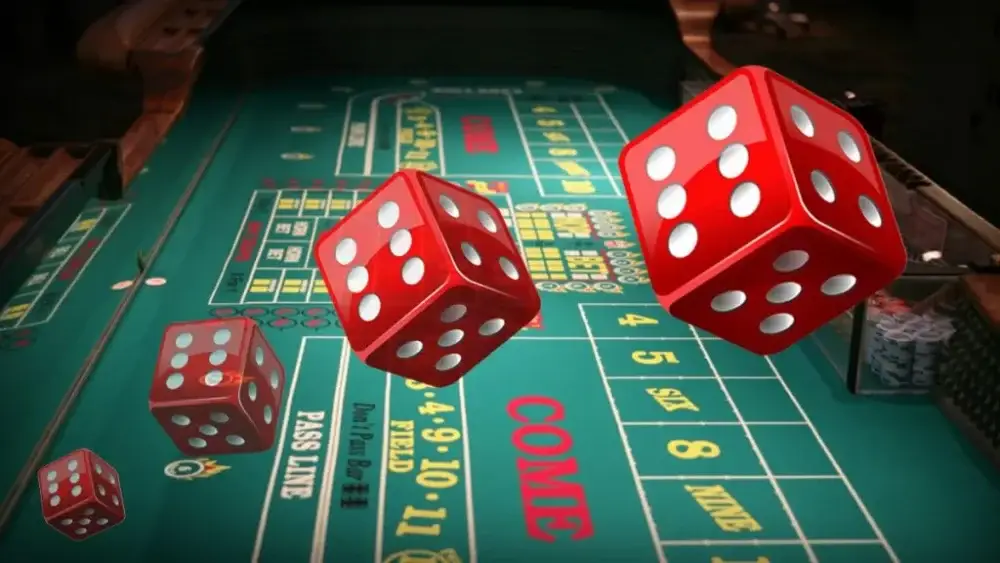Online gambling has grown into a billion-dollar industry over the past decade. Major platforms invest in licensed software, cryptographic algorithms, and certification, while scammers develop a parallel market of script sites and fake slots. In such an environment, the question of how to protect yourself in an online casino becomes critically important. Making a mistake in choosing a platform or being careless during verification can lead to the loss of your deposit and complete blocking of your winnings. To play confidently, you need to understand the real mechanisms of checking the fairness of a casino, the technical details of random number generators, license parameters, and signs of fraud.
License as the First Filter
The most reliable way to understand how to protect yourself in an online casino is to check the license. Licensing authorities do not issue documents without strict auditing. They monitor server operations, certify RTP, verify legal capital, and track complaints. Among the main regulators, several jurisdictions stand out:
- Curaçao issues licenses to thousands of operators and emphasizes tax flexibility, but weakly regulates disputes.
- The United Kingdom, through the Gambling Commission, establishes the opposite model: strict rules, regular reports, strict control of financial flows. For the player, this means real protection — from mandatory deposit limits to accessibility of arbitration.
If the license is missing or the site conceals documents, it is better not to open an account. Verification always starts with the official number and validating it on the regulator’s website.
Software and Fairness Verification
The second criterion is the software. To truly understand how to protect yourself in an online casino, it is important to distinguish between certified games and scripted imitations. Legal providers, such as Playtech, NetEnt, Microgaming, Pragmatic Play, use random number generators (RNGs) certified by independent laboratories like eCOGRA. This is where the concept of RTP comes into play — the player return coefficient. For example, a slot with 96% RTP mathematically returns 96 euros for every 100 wagered, but spread over tens of thousands of spins. Fraudulent sites lower RTP to 60–70%, masking it as “special bonus rules.”
Authenticating a slot involves three steps: verifying the developer, checking the provider’s license, and controlling RTP. If a game is loaded from a major developer’s external server, the risk is minimal. A scripted slot operates locally on the site, without connection to the manufacturer’s server. This is a key signal for the player to stop.
Verification and Protection of Personal Data
Most players ignore the verification question. The KYC (Know Your Customer) process confirms identity, source of funds, and prevents capital laundering. Verification always involves uploading documents: passport or driver’s license, as well as address confirmation. Legal platforms use AES-256 encryption and store data on isolated servers. Fraudulent platforms request documents without SSL protection and may use them for scamming. Regulated casinos do not allow withdrawals without KYC. This rule protects against fraud and prevents account theft.
Financial Operations: Deposit and Withdrawal
The next aspect is money movement. To understand how to protect yourself in an online casino, you need to assess the deposit and withdrawal methods. Major operators offer bank cards, licensed payment systems (Visa, Mastercard, Skrill, Neteller), cryptocurrencies, and local payment methods. All transactions go through a server with TLS 1.3 encryption and two-factor authentication. Danger arises where a casino restricts withdrawals or imposes an “additional deposit to confirm the win.” This is a direct sign of fraud. On a legal platform, withdrawal delays are explained only by bank processing or payment gateway processing time.
Technical Side: Servers, RNG, and Security
To fully understand how to protect yourself in an online casino, consider the architecture. Legal sites use distributed servers in data centers certified with ISO 27001. This guarantees resistance to hacking and session protection. The random number generator operates autonomously and is audited. eCOGRA and iTech Labs publish reports indicating the average RTP value and deviation percentage. If a site does not provide reports, its fairness should be questioned.
Fraudulent Schemes and Scamming
The question of how to protect yourself from fraud in an online casino cannot be avoided. Three main schemes are widespread in the market:
- Scripted casinos. Operate without a license, fake interfaces, and simulate slots with lowered RTP.
- Phishing sites. Copy the design of legal operators but collect card and login data.
- False bonuses. Attract with promises of 500% on deposit but require unrealistically high wagering requirements, effectively blocking withdrawals.
These schemes can be identified by the absence of a license, non-functioning links to the regulator, and overly aggressive advertising.
Instructions on How to Protect Yourself While Playing in an Online Casino
To play safely, it is enough to implement several mandatory steps before a session:
- Check the license on the regulator’s website.
- Ensure that slots work through the provider’s server.
- Check for eCOGRA or iTech Labs reports.
- Undergo verification and use only secure payment methods.
- Monitor the slot’s RTP and bonus conditions.
- Set up two-factor authentication and deposit limits.
- Check the review history and the availability of arbitration decisions.
The final component is personal habits. Even on a licensed platform, a player can lose a deposit due to the lack of limits or use of weak passwords. Discipline includes setting time and amount limits, creating a unique password, and monitoring sessions. The answer to how to protect yourself in an online casino lies not only in licenses and software but also in the player’s ability to follow security rules.
How to Protect Yourself in an Online Casino: Security as an Investment
Online gambling remains a high-risk area, but license control, software verification, proper verification, and the use of secure payment systems minimize the risk. Legal operators demonstrate transparency, publish eCOGRA reports, and offer players protection against fraud. To understand how to protect yourself in an online casino, it is important to remember: winnings are valuable only when the platform guarantees fairness.
 en
en  de
de  ar
ar  es
es  hi
hi  fr
fr  nl
nl  ru
ru  it
it  pt
pt  el
el 









